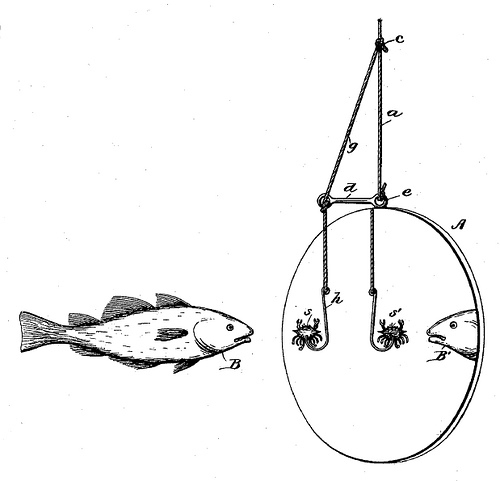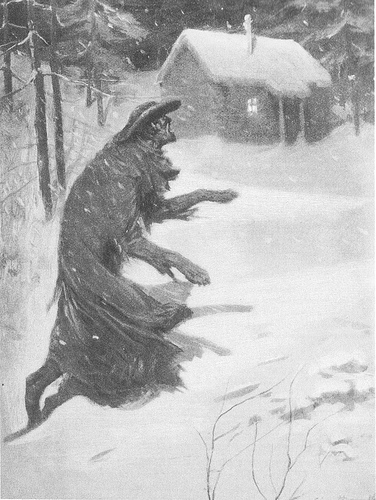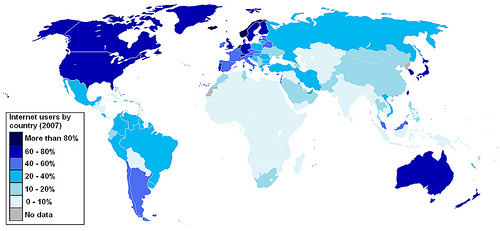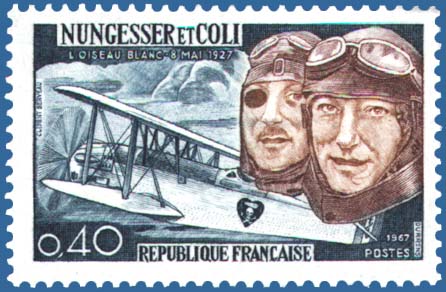The Journal of the Asiatic Society of Bengal isn’t known for its romance. But one 1896 article has become famous for its account of a bizarre episode in Southeast Asia. Ethelbert Skertchley describes the Berbalangs, a species of ghoul in the folklore of Cagayan de Sulu, an island in the southwestern Philippines. These creatures, he explains, can adopt an astral form when seeking human flesh. It’s all pretty scholarly until the end, when Skertchley describes his own encounter near a Berbalang village:
There was not a breath of air stirring, and we were in the middle of an open valley with no trees about when we heard a loud moaning noise like someone in pain. … Presently the sound died away to a faint wail and the sound of wings became audible, while a lot of little dancing lights, like fire-flies, only reddish, passed over us.
On leaving the village, Skertchley passed an isolated house, where his native companion indicated the ghouls must have gone. The next day the writer returned to the scene:
I entered the house and looked round, but could see no one; going farther in, I suddenly started back, for huddled up on the bed, with hands clenched, face distorted, and eyes staring as in horror, lay my friend Hassan–dead.
Nothing more is said. Skertchley concludes simply by writing, “I have stated above the facts just as they occurred, and am quite unable to give any explanation of them.” If the editors received any further information, they never published it.




